This week Twitter finally shared a business model that introduces the idea of promoted tweets as a way for organizations to pay for branded tweets to appear in search results much as paid results appear on any Google search. It's a simple and relatively conservative first step and though some people may have cried foul or accused Twitter of "selling out" – my sense is that the fallout will not lead to any significant drop in usage for Twitter.
The bigger question is what does this mean for where Twitter is heading? The fear that some users have is that this is only the first step in a progression for Twitter, an opinion that seems to be supported by the blog post on the Twitter Blog yesterday which referred to this move as "Phase I." To help understand what this might mean for the future of Twitter, I did a bit of thinking on why this move happened today, why it matters for marketers, what the potential issues might be, and where it might lead Twitter in the future.
Why Will Marketers Be Willing To Pay For Advertising On Twitter?
The first question you might ask is whether organizations will even be willing to pay for advertising on Twitter in the same way that they currently pay to show ads in search results on Google. I think that they will because …
- People who are already used to getting paid to endorse products, services or ideas (ie – Celebs & the Internet-famous) are actively using Twitter and increasingly expect to be able to monetize their voices as they can in other media.
- Twitter is great for driving traffic, the one thing many marketers care most about, because links are front and center and often you NEED to click a link to get the real context behind the soundbite/headline shared in 140 characters.
- There are two relatively simple and basic built-in metrics to Twitter (number of followers and number of clicks on a link) – which makes measurement very straightforward and uncomplicated for most marketers.
- As more and more brands create corporate and branded Twitter accounts, pressure and desire to grow their own followings will increase – which means they will seek more ways to build their branded followers on Twitter.
What Are The Real Potential Issues With Marketing On Twitter?
The concern for Twitter "selling out" isn't a big deal in my mind. No one who stops using Twitter for this reason really matters to the ecosystem of marketing or to the site anyway. The real concern is one of disclosure and ethics. In particular the following issues:
- There is no recognized standard for disclosure in tweets. Some tweets include the hashtag "#spon" which stands for "sponsored" and would make no sense to someone unfamiliar with the lingo.
- Disclosure and transparency will always be hard in 140 characters. The challenge of proper disclosure often comes down to the simple limitation of space. Often you just can't fit a message that makes sense, and the right disclosure to be ethical within 140 characters.
- Any disclosures are often lost in retweets. The ecosystem of retweets are primarily how a message spreads across Twitter to reach many people and even become a trending topic. The problem with retweets is that often for space limitations or other reasons the disclosure that may have been included in an original tweets is stripped out of the retweets so very rapidly a message loses any sort of transparency of bias that it may have originally contained.
What Will Twitter's Business Model Phase II And Beyond Look Like?
This is probably the toughest question to answer, but if I were helping the site to identify this, I would focus on three core areas (the first of which they have already started with their recent announcement for the promoted tweets):
- Sponsored Search Results. Twitter search is rapidly becoming a utility used by some as frequently as Google search. Putting into place a model that duplicates much of the functionality of Google's AdWords program is the simplest place to start. People are already familiar with this model as well as the idea that there is a combination of organic search results (those that appear based on algorithms) and paid search results (those that appear as a result of an organization paying for their placement). I expect to see their sponsored tweet program evolve in a similar way to how Google has evolved Adwords – even down to the local focus through geotagging tweets and messages.
- Paid Registration & Account Verification. Due to increasing fraud, Twitter began verifying accounts of the famous and semi-famous. Now that mark of "verified" has become something of a badge of honor – indicating that you are important enough to be verified by Twitter. There is a long waiting list to get accounts verified and an obvious choice seems to be to make this into a paid subscription service. The option to have a free account on Twitter will continue to exist, but for those who use Twitter for professional reasons, there should be a paid option as well. For paying a monthly or annual fee, you have your account professional verified and perhaps the ability to appear more highly on certain types of search results as well. A cross between registering your domain name and a Pro account on Flickr, this option would likely be chosen by hundreds of thousands of "power users" of Twitter – including myself.
- Sponsored Influencer Tweets. The most contentious move to monetize Twitter would likely come from having a model where individuals would be paid for what they tweet about and organizations would be able to pay a fee to sponsor individual tweets. This model already exists through several services, including Ad.ly. The simplest way for Twitter to add this functionality would be to acquire Ad.ly and roll their model and services into Twitter. Ultimately, this move will come down to a timing issue, as I believe it will happen after the first two changes are already implemented.


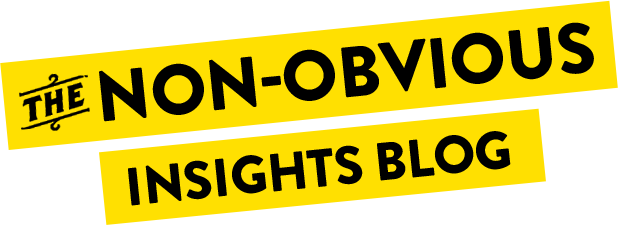




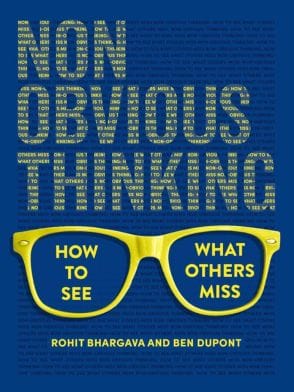

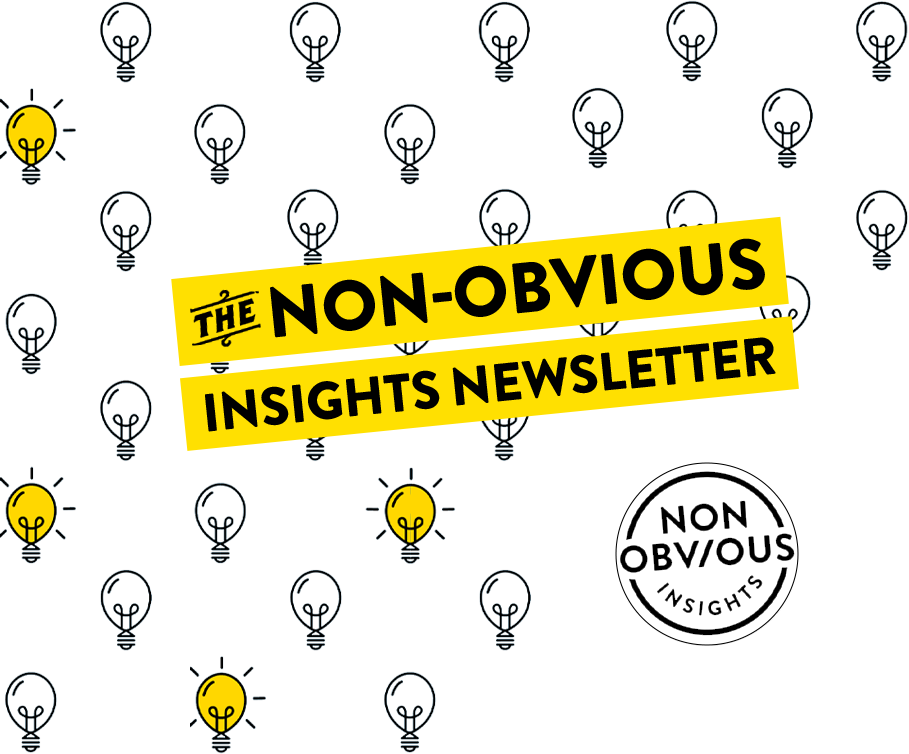




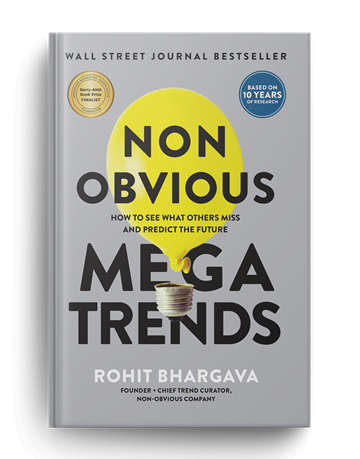

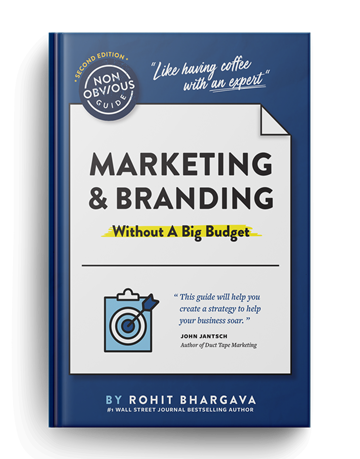

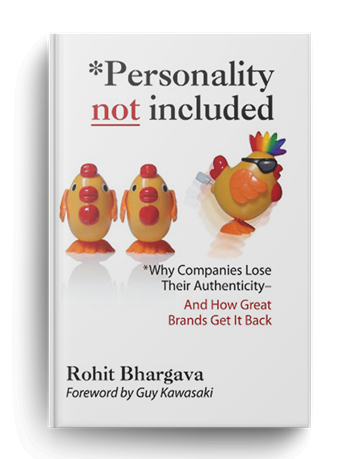



It will be interesting to see how much value Twitter’s advertising service will bring for organizations and businesses.
https://www.engagebrands.com/blog-details.php?b=Njc=
In point 3, I think you’re missing a key “metric” – number of “retweets”. As a marketer, the pass along rate as measured by a “retweet” is going to be an important metric for my campaigns.
Fascinating.
One factor you don’t mention–what might be called the “Twivo Effect”–people (especially power users) not seeing the sponsor messages at all, because they’re using a 3rd-party interface like TweetDeck or HootSuite.
Shel Horowitz, primary author (with Jay Conrad Levinson) of Guerrilla Marketing Goes Green: Winning Strategies to Improve Your Profits and Your Planet
I agree with Shel – ceteris paribus, third-party platforms could throw a wrench in Twitter’s revenue model. Could we possibly see changes regarding the types of third-party platforms users may register to view their accounts?
I have doubts this method will work. It seems to stray from what makes Twitter attractive to those who use it: genuine conversation and sharing information.
Option three sounds like a nightmare. To be honest, I think Phase 2 might well be inserting paid Tweets into the feeds of targeted users.
That’s the way I’d do it.
It will be interesting to see how this benefits a business advertising on Tweeter. Will business go for it? Does it add-value?
People paying Twitter to sponsor their tweets is feasible. As it is one of the most effective medium in internet marketing, companies or individuals will be willing to release money as they think it will be worth all the marketing they will get.